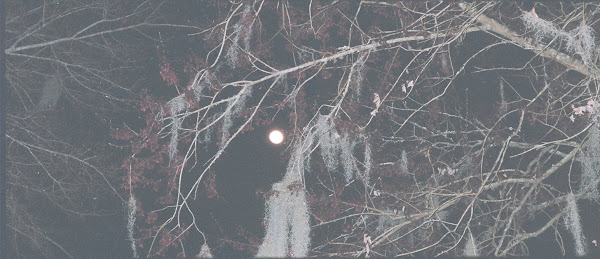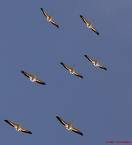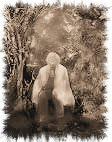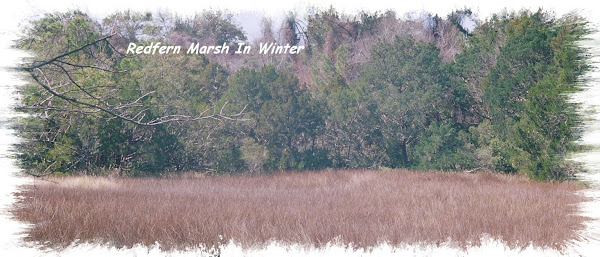Aldous Huxley was born in Godalming, Surrey on July 26, 1894, into a well-to-do upper-middle-class family. His father, Leonard Huxley, was a biographer, editor, and poet. He first studied at Eton College, Berkshire (1908-13). When Huxley was fourteen his mother died. At the age of 16 Huxley suffered an attack of keratitis punctata and became for a period of about 18 months totally blind. By using special glasses and one eye recovered sufficiently he was able to read and he also learned Braille. Despite a condition of near-blindness, Huxley continued his studies at Balliol College, Oxford (1913-15), receiving his B.A. in English in 1916. Unable to pursue his chosen career as a scientist - or fight in World War on the front - Huxley turned to writing. His first collection of poetry appeared in 1916 and two more volumes followed by 1920.
Huxley's first novel, Crome Yellow (1921), a witty criticism of society, appeared in 1921. Huxley's style, a combination of brilliant dialogue, cynicism, and social criticism, made him one of the most fashionable literary figures of the decade. In eight years he published a dozen books, among them Point Counter Point (1928) and Do What You Will (1929).
During the 1920s Huxley formed a close friendship with D.H. Lawrence with whom he traveled in Italy and France. For most of the 1920s Huxley lived in Italy. In the 1930s he moved to Sanary, near Toulon, where he wrote Brave New World, a dark vision of a highly technological society of the future. In the1930s Huxley was deeply concerned with the Peace Pledge Union. He moved in 1937 with the guru-figure Gerald Heard to the United States, believing that the Californian climate would help his eyesight, a constant burden. After this turning point in his life, Huxley abandoned pure fictional writing and chose the essay as the vehicle for expressing his ideas.
Brave New World Revisited appeared in 1958. Huxley's other later works include The Devils Of Loudon (1952), depicting mass-hysteria and exorcism in the 17th-century France. Island (1962) was an utopian novel and a return to the territory of Brave New World, in which a journalist shipwrecks on Pala, the fabled island, and discovers there a kind and happy people. But the earthly paradise is not immune to the harsh realities of oil policy. In 1963 appeared Literature And Science, a collection of essays.
In 1954 Huxley published an influential study of consciousness expansion through mescaline, The Doors Of Perception and became later a guru among Californian hippies. He also started to use LSD and showed interest in Hindu philosophy. In 1961 Huxley suffered a severe loss when his house and his papers were totally destroyed in a bush-fire. Huxley died in Los Angeles on November 22, 1963.
The above biography is copyrighted. Do not republish it without permission.
Articles on Aldous Huxley
Quizzes on Aldous Huxley
Dear Readers, please do not assume that you understand anything you read on this blog.


.jpg)

.jpg)
.jpg)


